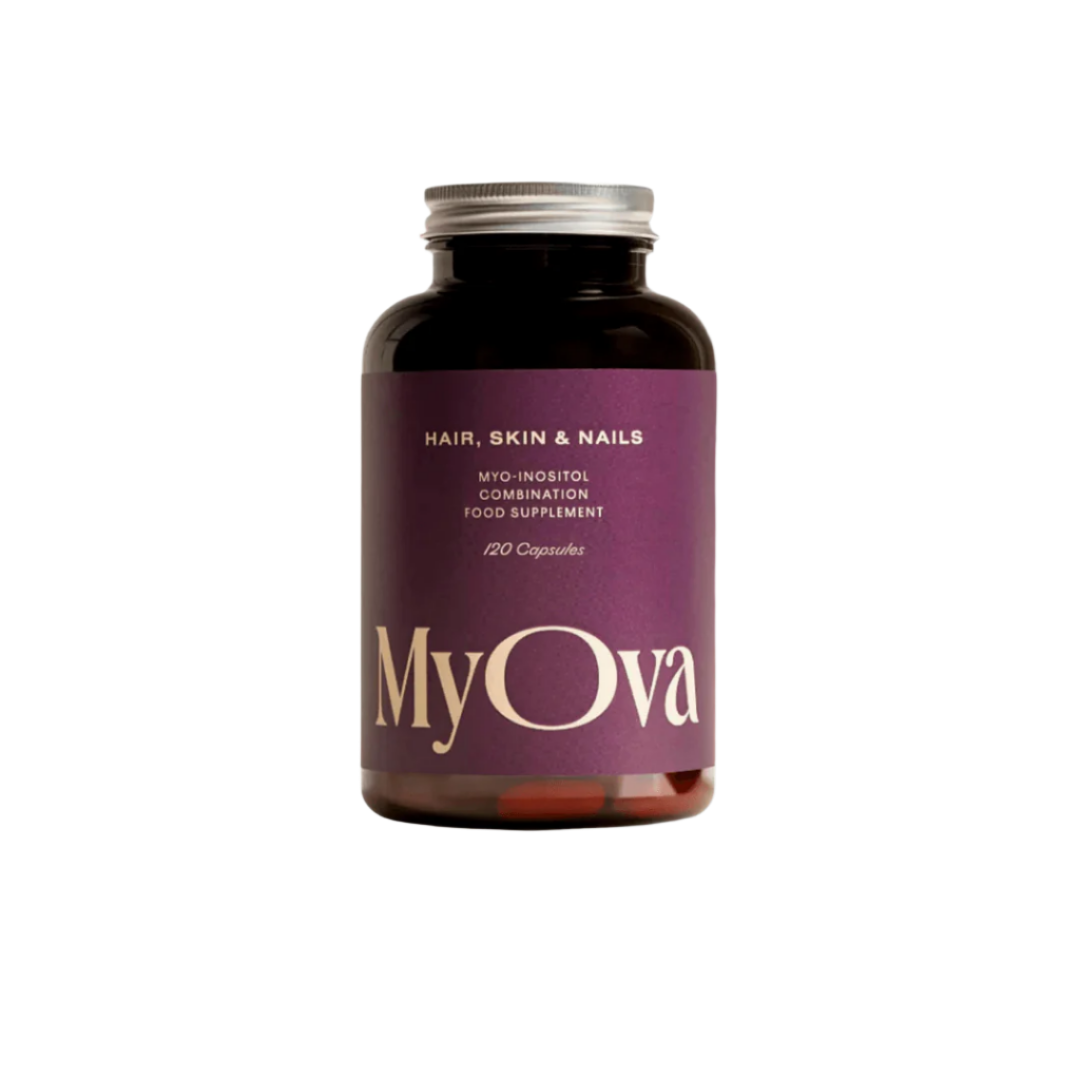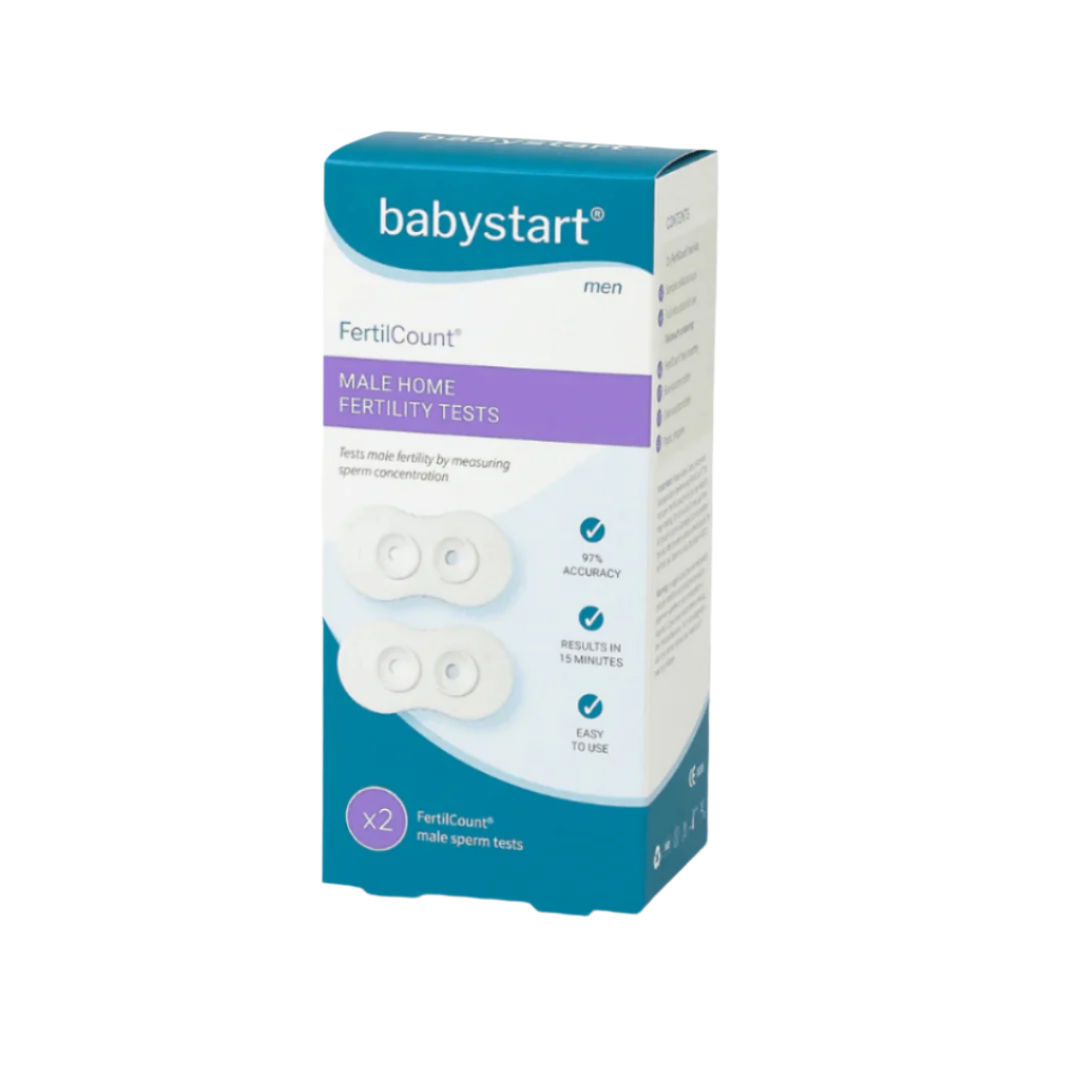Let’s Talk About Perimenopause (Before It Sneaks Up on You)
Perimenopause isn’t something we learn about in school. It’s not usually dinner party conversation. And for most women, it doesn’t come with a heads-up. One day your cycle’s doing its usual thing, and the next, things feel... off.
At femme, we believe knowledge is power – especially when it comes to your hormones. So here’s your no-nonsense guide to what actually happens during perimenopause, when it starts, and how to support your body (and mind) through the transition.
First Things First: What Is Perimenopause?
Perimenopause is the phase before menopause, when your hormones (mainly oestrogen and progesterone) start to fluctuate. This stage can last anywhere from a few months to over 10 years. Yep, really. It usually starts in your 40s, but for some women, changes begin in their mid-30s.
Key point: You’re not in menopause until you’ve gone 12 months without a period. Until then, you’re in the perimenopausal phase – and that’s where a lot of the real shifts happen.
Common Signs of Perimenopause (That Often Go Unnoticed)
Every woman’s experience is different, but some of the most common symptoms include:
- Irregular periods (longer, shorter, heavier, or skipped)
- Mood changes (hello, PMS 2.0)
- Sleep disturbances
- Brain fog or forgetfulness
- Hot flushes or night sweats
- Vaginal dryness or changes in libido
- Increased anxiety or low mood
- Fatigue that hits harder than usual
These symptoms are caused by fluctuating hormone levels – not because your body is “failing” or “breaking down.”
When Does Perimenopause Start?
There’s no universal start date, but research shows that hormonal changes can begin up to 10 years before menopause. That means some women start noticing subtle shifts in their late 30s, though the average age is early-to-mid 40s.
Important: You don’t need to wait for your periods to stop before seeking support. If things feel different, it’s worth talking to your GP, especially if symptoms are affecting your quality of life.
How to Support Your Body Through Perimenopause
There’s no one-size-fits-all approach, but there are evidence-based ways to navigate this chapter with more ease and less stress.
1. Track Your Cycle and Symptoms
Understanding your baseline helps you notice changes earlier. Apps, journals, or wearable devices (like Tempdrop) can help track patterns in sleep, mood, cycle length, and more.
2. Prioritise Sleep and Stress Management
Easier said than done, we know. But sleep and stress are both closely linked to hormone regulation. Small changes like cutting back on caffeine, creating a wind-down routine, or trying mindfulness can make a real difference.
3. Nourish Yourself Properly
Blood sugar stability, healthy fats, protein, and fibre are your hormone allies. You don’t need to overhaul your diet overnight – just start paying attention to what gives you energy (and what drains it).
4. Consider Supplements (If Needed)
Vitamin D, magnesium, omega-3s, and B vitamins are commonly recommended during perimenopause. Always check with a healthcare professional before starting anything new – your body, your rules.
5. Get Clued Up on HRT and Other Options
Hormone Replacement Therapy (HRT) is one option – and for many women, it can be life-changing. It’s not the only route, but it’s worth understanding so you can make informed decisions when the time comes.
The Takeaway: Perimenopause Isn’t the End of Anything – It’s Just a New Chapter
Perimenopause doesn’t mean you’re “getting old.” It doesn’t mean you’re broken. And it definitely doesn’t mean you just have to “put up with it.”
This is a time to get curious about your health, not scared of it. The more you know, the more empowered you are to advocate for yourself – whether that’s at your GP’s office, in your relationships, or just with your own body.
At femme, we’re here to make sure you’re not caught off guard. No drama. No doom. Just the facts, support, and tools you need to feel informed and in control.









